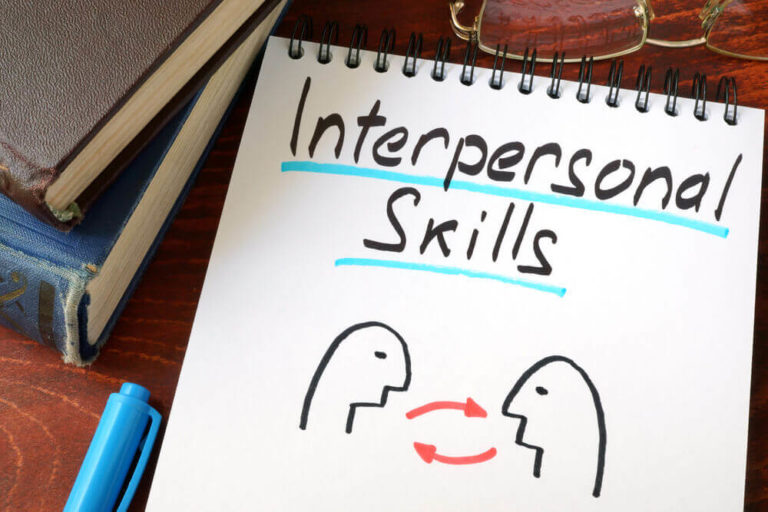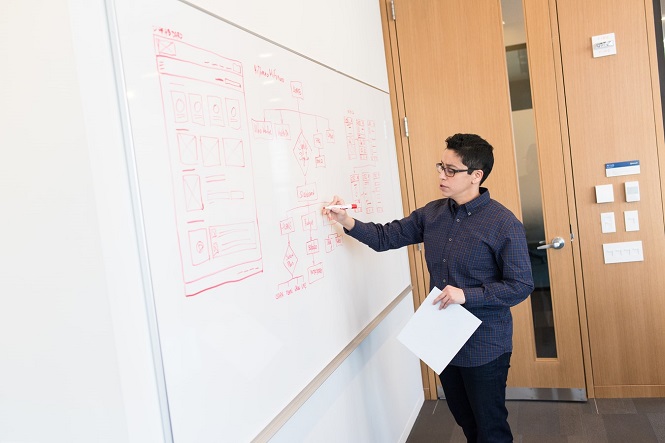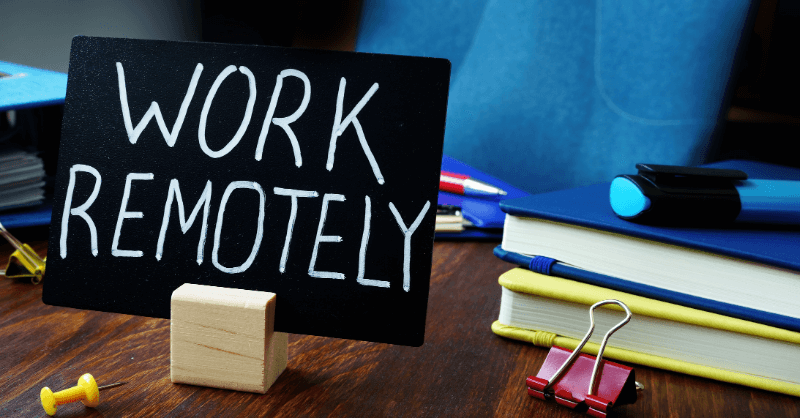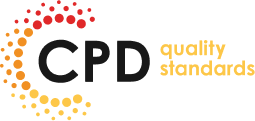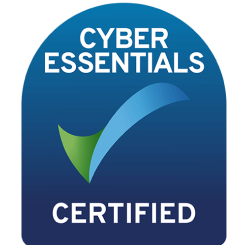2. Communication
As mentioned above, “Communication- the human connection- is the key to personal and career success,” However, there are two types of communication skills- Verbal and non-verbal communication.
Verbal communication-
This form of communication is essential, both at work and at home. It helps clear boundaries between people and keeps everything in a very close-knit manner. At the workplace, verbal communication with colleagues and clients would ensure longevity and build a strong bond. This communication can occur in any type of languages or dialects, but the message behind it would always remain the same.
Non-verbal communication-
Your tone of voice, eye contact, body movements, all these are known as a medium for non-verbal communication. The importance of this communication holds the same significance as verbal communication. Sometimes a person can communicate very well verbally, but if you look at them attentively and notice that their hands are sweating or the voice is shaky, it means that the person is nervous.
3. Work Ethic
All employers and recruiters try to look for this characteristic in their employees. If an employee has good work ethics, it generally means that he/she is highly professional. Some of the vital work ethics are:
Professionalism
This represents your attitude towards others, how you communicate with them and maintain good poise. It also means integrity, fairness and truthfulness at the workplace.
Dedication
At the workplace, employees can get distracted easily by focusing on other things apart from work and not prioritising meeting specific work commitments and deadlines. It would prove a low level of dedication for their job and vice versa.
Accountability
Employees who are ethical and honest would always hold themselves accountable for their actions. They will always accept the blame for the mistakes they have committed and apologise for them instead of denying them.
Adaptability
A workplace is likely to go through a lot of changes. Your roles and responsibilities might change all of a sudden, or the person you directly report to might change as well. However, in all these, it is essential to stay calm and be adaptable to these changes.
Productivity
Employees who are productive help generate more revenue for the organisation they are working for. Productive employees are always hard-working and goal-focused.
4. Conflict Management
Conflicts can arise anywhere due to dissimilarities of thoughts and ideas. But how an individual tackle conflict without hurting anyone’s feeling and restore positivity is very crucial. Individuals working in managerial positions usually have to deal with conflicts more. They need to be very assertive, accommodating and empathetic while dealing with disputes.
5. Relationship Management
This is an essential skill as well. Building new relationships at the workplace is utterly different from maintaining them effectively. An individual needs to work on every relationship at the workplace and home to maintain a good working and personal environment around them.
6. Empathy
There is a difference between showing sympathy towards a person and being empathetic towards them. Therefore, being empathic means that you understand their hardships and try to relate to them by imagining yourself in a similar situation and sharing any similar stories if you have any. Empathy can draw people closer at all times and helps you connect with people at an emotional level. On the other hand, being sympathetic only means that you are feeling sorry for the other person.
7. Body Language
This falls under non-verbal communication, as explained above. Eye contact, facial expressions, tone of voice, body movement- all of them defines our body language. Your body communicates while talking verbally or listening to others is crucial since it helps the third person determine how attentive you are or how much confidence is instilled inside you.
8. Leadership
A good leader has a lot of responsibilities towards their followers. Some of the essential duties and responsibilities of a leader are:
- Leaders should always motivate their followers and the people around them to achieve more in life or do something highly commendable.
- They should know how to handle an unexpected situation very well.
- Leaders are responsible for shaping the minds of a group of people and working collaboratively to reach an organisation’s common goals.
- Leaders should be knowledgeable and have a solid personality to make people believe in them and abide by their demands.
- Leaders should always think strategically and focus more on the more significant outcome than worry about the minor issues that might arise in executing a plan.
9. Active listening
It shows how much importance you are giving to the other person and valuing them. While listening to someone speak, you can show some gestures that you are paying attention to, such as nodding your head, smiling in some situations, etc. It is to indicate that you are attentive listening to the other person.
10. Receptiveness to Feedback
Feedbacks can be both positive and negative. Having the receptiveness to listen to feedback and work on yourself is what you need to do. Therefore, one should constructively take all types of feedback.
11. Negotiation
It is a form of discussion in which there is profit underlying for both parties. This interpersonal skill reduces conflict between both parties as well. It can occur between a job seeker and the employee on the salary, a buyer and a seller or a company and its shareholders. Good negotiation skills help an individual or a party to crack a better offer for themselves.
12. Collaboration
Collaboration at the workplace makes teamwork very easy. It helps individuals to brainstorm new ideas effectively and corporate with one another. It also creates more engagement and participation of employees in a specific project or task.
13. Positive Attitude
A positive attitude means that you never lose hope and maintain a positive mindset no matter your circumstances. It helps you always see the brighter side in a situation and see the best in an individual. Positive attitude holders are very optimistic and always have a “can do” attitude.
14. Teamwork
Teamwork is the backbone of any organisation. It increases efficiency in employees and brings out better ideas to solve organization-related problems. Proper teamwork is also responsible for increased collaboration between team members and highly fruitful outcomes for any project.
15. Workplace Etiquette
Some of the important workplace etiquettes are:
- Understanding your work culture– All the employees need to be fully aware of their workplace. Every organisation has a unique set of rule and regulations set by the HR department, and everyone must abide by them. Breaching any organisation rule is considered highly unethical.
- Communication – In a work setting, make sure you always communicate with everyone before making any decision, taking a leave of absence or about any other work-related matters. Leaving a personalised voicemail, replying to emails and messages are some examples of workplace communication.
- Avoid personal conversations– Employees should avoid answering their phone calls and messages frequently during work time. One should not even ask other colleagues about their personal lives and later gossip about it. Such practices are against workplace etiquettes.


![]() 24 minutes
24 minutes

